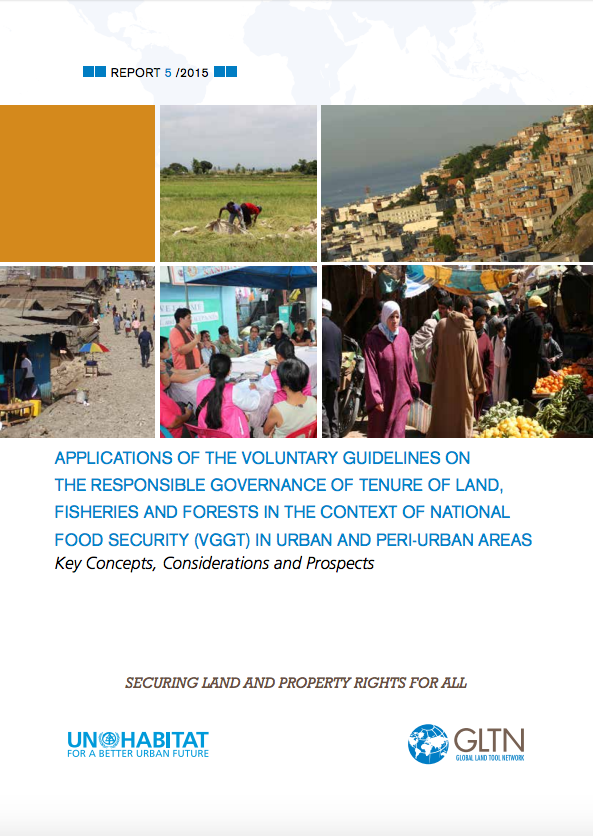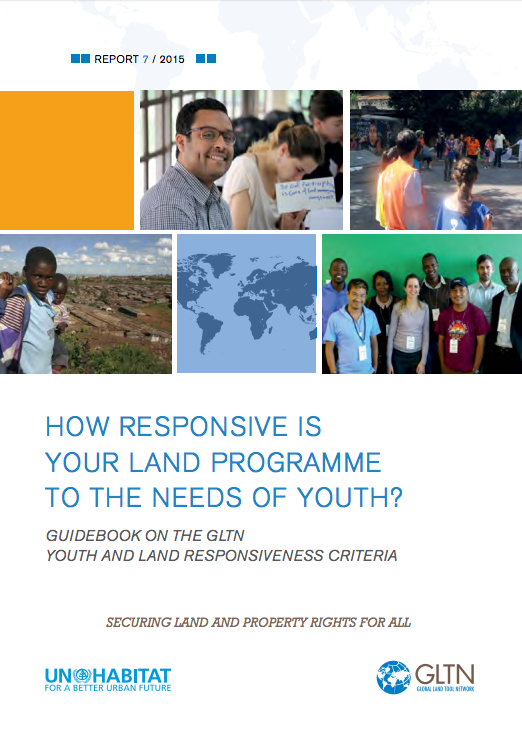Synopsis of Gender in agriculture: Closing the knowledge gap
Women play important and varied roles in agriculture, but they have unequal access, relative to men, to productive resources and opportunities. Closing these gender gaps would be good both for women and for agriculture. This was the message given by The State of Food and Agriculture 2010-11, a report of the Food and Agriculture Organization of the United Nations (FAO).




